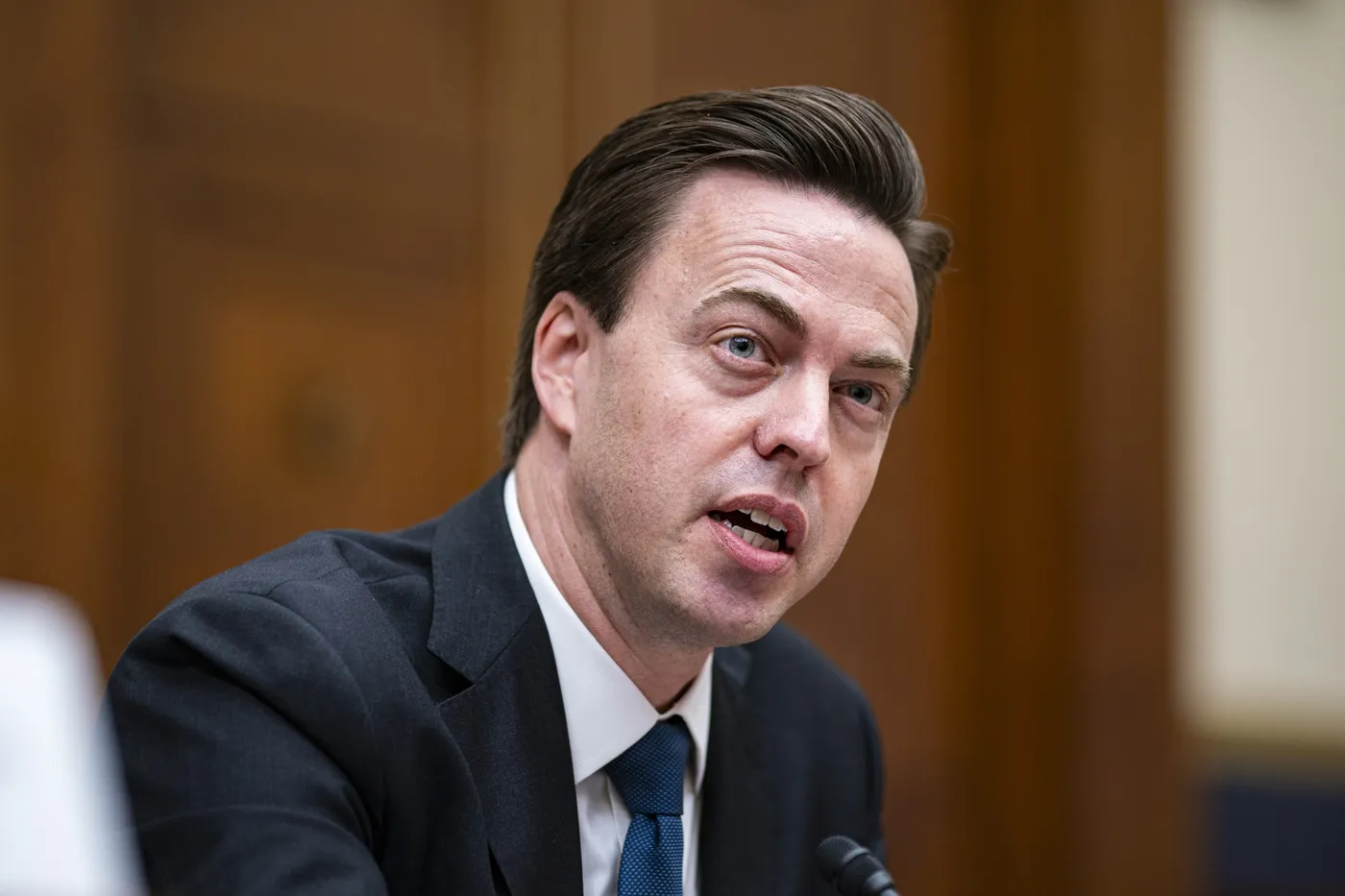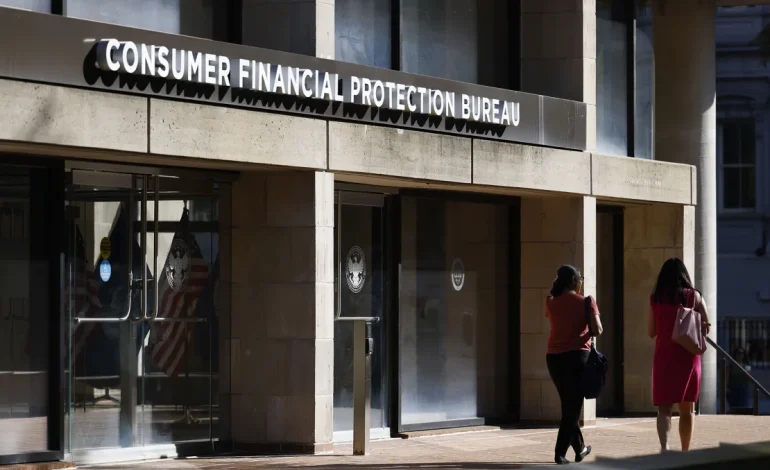Under President Donald Trump’s leadership, the Consumer Financial Protection Bureau (CFPB) is undergoing major changes, prompting both praise and criticism.
The administration has moved to halt many of the agency’s enforcement activities, a step Trump argues is necessary to reduce government overreach and eliminate inefficiencies.
The CFPB, established in 2010 as part of the Dodd-Frank Act, was designed to regulate financial institutions and protect consumers from unfair lending practices. However, Trump and his allies have long criticized the agency as an example of excessive government intervention, arguing that it has imposed unnecessary burdens on businesses while failing to meaningfully help consumers.
Acting CFPB Director Russell Vought recently issued a freeze on many of the agency’s core functions, including enforcement actions, investigations, and rulemaking. This move aligns with Trump’s broader goal of reducing federal bureaucracy and rolling back regulations that some conservatives believe stifle economic growth.
As part of the administration’s shift in regulatory approach, several high-profile consumer protection rules may be scaled back or eliminated. These include:
-
Medical Debt on Credit Reports: A recently finalized rule that would prohibit medical debt from appearing on credit reports and being considered in loan approvals may now be reconsidered. Critics argue that the rule unfairly punishes lenders and could increase borrowing costs for responsible consumers.
-
Credit Card Late Fee Cap: The previous administration attempted to cap most credit card late fees at $8, a significant reduction from the industry standard of around $32. However, this regulation faced legal challenges, and under Trump’s leadership, the CFPB may opt not to defend it in court.
-
Bank Overdraft Fees: Another rule that capped overdraft fees at $5, down from the typical $35, is also being reviewed. Financial institutions have pushed back, arguing that such limits could make banking services more expensive overall.
-
Zelle Fraud Lawsuits: The CFPB had sued major banks over alleged failures to prevent fraud on the Zelle payment network. With the agency now pausing enforcement, these lawsuits may not proceed.
Trump’s position on these issues reflects his broader economic philosophy: allowing market forces to drive competition and innovation, rather than imposing heavy-handed government mandates.
Trump has been clear about his desire to significantly scale back or even eliminate the CFPB entirely. In a recent statement, he described the agency as an unnecessary regulatory body that “was set up to destroy some very good people.” His administration’s efforts to curtail the CFPB’s power have been met with support from many in the business community, who argue that the agency’s regulations have created obstacles for financial institutions and limited consumer choice.
Some conservatives also point out that many of the CFPB’s functions could be handled by existing financial regulators, reducing redundancy in government oversight. Others argue that while consumer protections are important, the CFPB’s approach has been overly punitive toward banks and lenders, discouraging responsible lending practices.
Democratic lawmakers, led by Sen. Elizabeth Warren, have strongly opposed the administration’s actions. Warren, who played a key role in creating the CFPB, argues that the agency has returned over $21 billion to consumers harmed by financial misconduct and should remain a key watchdog. In a letter to Trump officials, 191 Democratic lawmakers accused the administration of “declaring open season for predatory lenders.”
However, Trump’s supporters counter that eliminating excessive regulation does not mean abandoning consumer protections. They argue that free-market competition, coupled with existing laws enforced by other agencies, can still ensure fair treatment for consumers without unnecessary bureaucratic interference.








